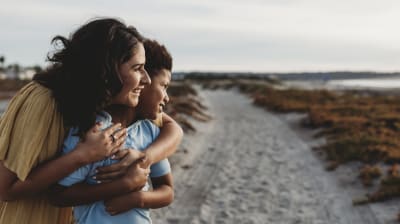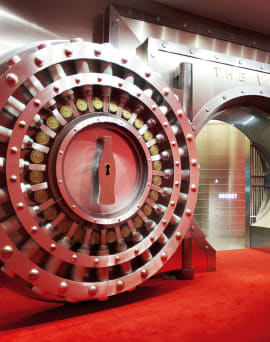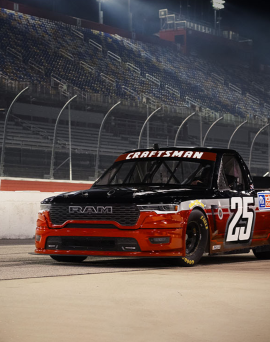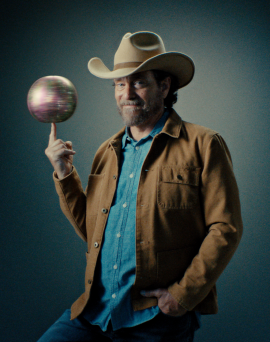Australian Center for the Moving Image Renewal
How do you turn the museum visit into an immersive 21st century experience?

Bank of the West was competing in a crowded California market where, frankly, few stood out from the crowd. Capturing just 1% of the market, our client was up against legacy brands boasting 27% market share and strong name recognition. But Bank of the West had something its competitors didn’t—a purpose that resonated deeply with its target market. Knowing millennials prefer brands that stand for something, we introduced them to a bank that shared their values, so they could put their money where their heart is.
We’re proud to partner with Razorfish, who has a shared vision of elevating brand purpose and bringing innovative, meaningful products to consumers. Razorfish played a critical role in launching “1% for the Planet” and helping us beat our sales goal by 139%.
We started with some undisputed facts: 87% of our environmentally conscious prospects were living in Los Angeles and San Francisco, so we prioritized these markets to make the biggest impact. We also learned that branch location matters and that checking accounts opened in person tend to be higher in quality. With that in mind, we targeted media within a 5- to 10-mile radius across all marketing channels.
We went all out to promote Bank of the West’s “1% for the Planet” checking account, which gives back to environmental nonprofits at no cost to the account holder. We developed and deployed a full-funnel, omnichannel approach including content, social media, and programmatic DMP solutions that put people front and center.
As we learned more about our audience’s values, habits, and preferences, we kept three guiding strategies in sight—
We kept environmental messaging at the forefront with contextual targeting, event activation, and content creation, which capitalized on real-time climate events and conversations.
We ensured strong presence across the places that prospects visited daily, in person and online, to quickly build momentum.
We used top-performing acquisition channels to engage (and re-engage) those most likely to open a “1% for the Planet” checking account.
We found that interactions most likely to convert were happening via social media engagement, landing page visits, application starts, and cross-selling to business accounts. To track progress and adjust accordingly, we conducted an online survey with research firm Lucid and closely analyze leading and lagging indicators.
Ultimately, strategic re-targeting of a purpose-driven audience and their look-alikes won the day. Fueled by value-driven content and industry-leading tech, we elevated Bank of the West product offerings and conservation efforts while hyper-targeting eco-conscious consumers at just the right moment in their journey.
Our fresh approach resonated like nothing that came before it. We achieved 139% of our sales benchmark, a goal that didn’t account for the suppressive impact of the pandemic. Since the launch, “1% for the Planet” has made up more than 25% of all new-to-bank checking account openings.
Better yet, we outperformed competitors in new-customer acquisition. Consideration levels for Bank of the West rose to an all-time high of 16%, above two leading competitors. We drove a +29% lift in aided awareness, leading to a record-setting 71%.
Achieving the most successful retail product launch in our client’s history, we earned —
For over six years of partnership, we’ve seen Razorfish push the boundaries of what digital media can do for our brand, constantly innovating, while not taking their eyes off performance.

How do you turn the museum visit into an immersive 21st century experience?

How can a brand truly change a systemic issue that impacts women worldwide?

How do you breathe new life into an iconic company?

How do you create an exhibit that’s a natural extension of nature?

How do you change the conversation on women’s hair loss from hopeless to hopeful?

How do you make digital feel handcrafted?

How can the right technology open the door for growth?

Can an immersive experience help bring an iconic story to life?

Can a sports car become a musical canvas?

How do you empower the next generation of makers?

How do you introduce an all-new type of haircare product?

How do you get attention in Times Square?

How do you compete when competitors spend 5x more on marketing?

How do you move from personas to performance?

Can one campaign drive two comebacks?

What if all of Orlando could feel as iconic as its famous theme parks?

How do you take a business from simple sparkle to global scale?